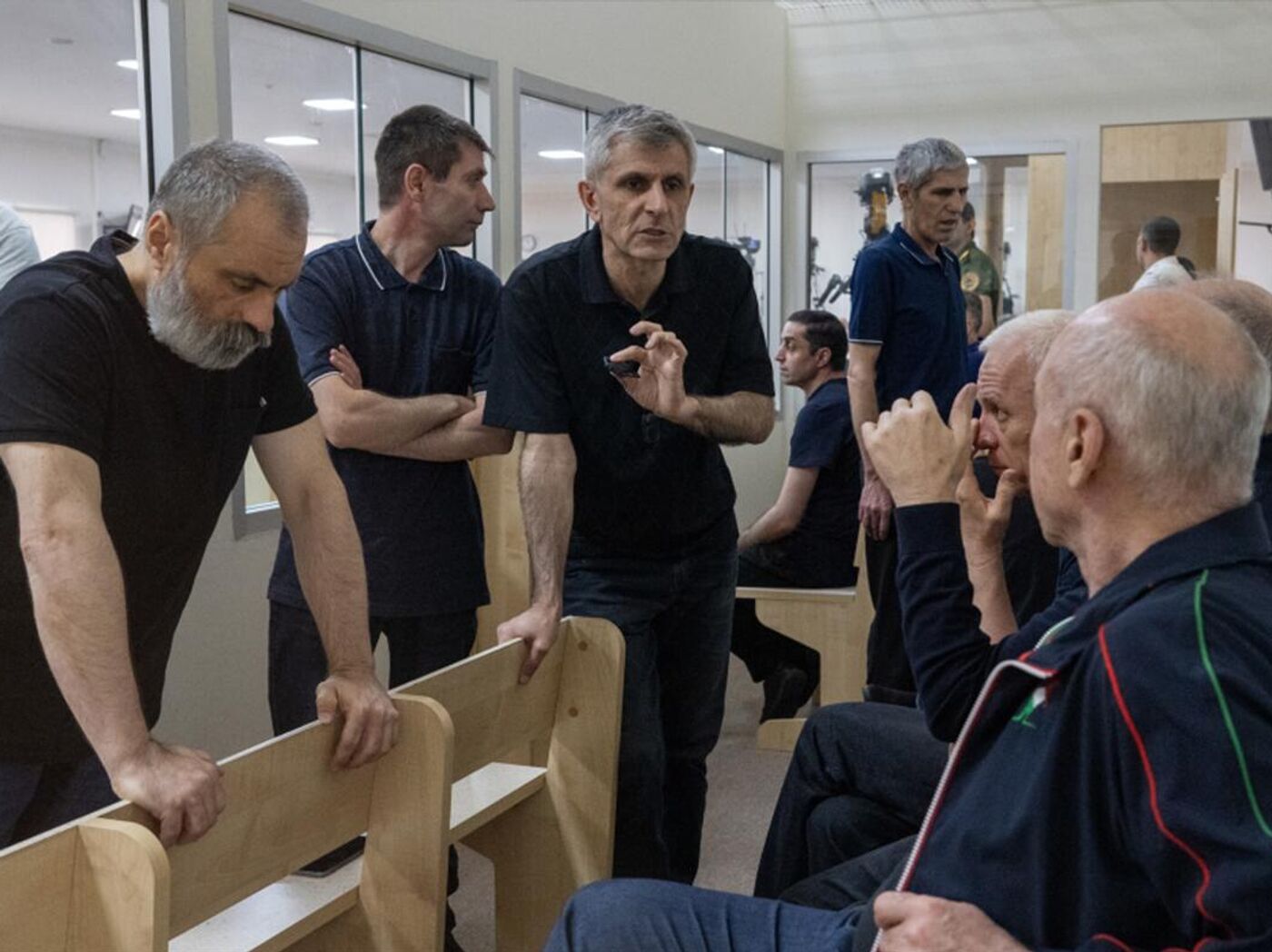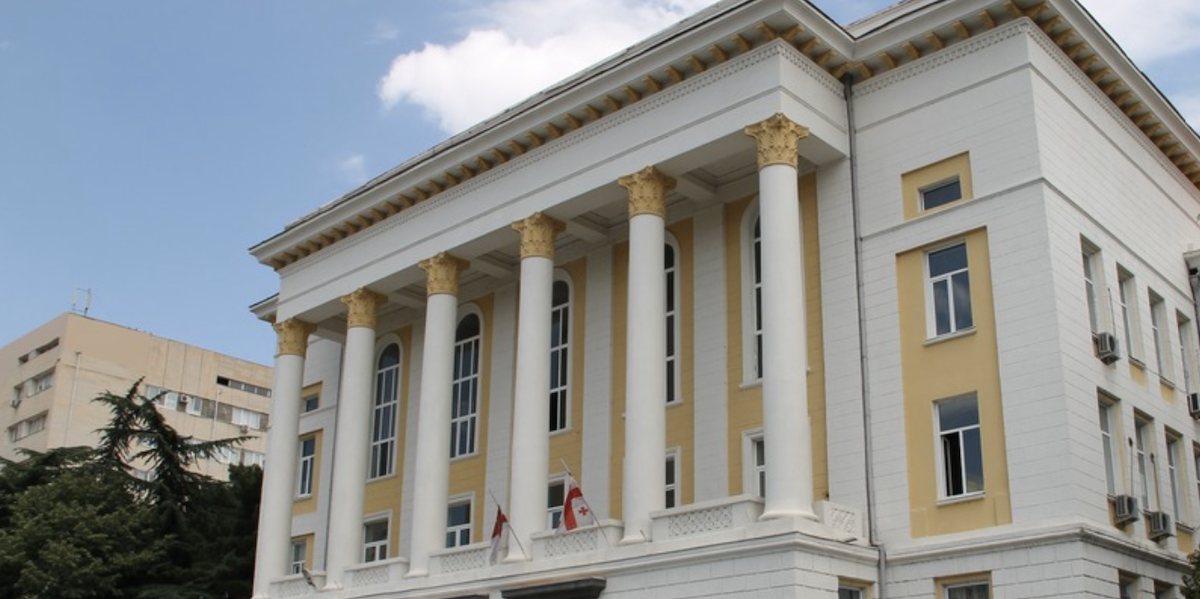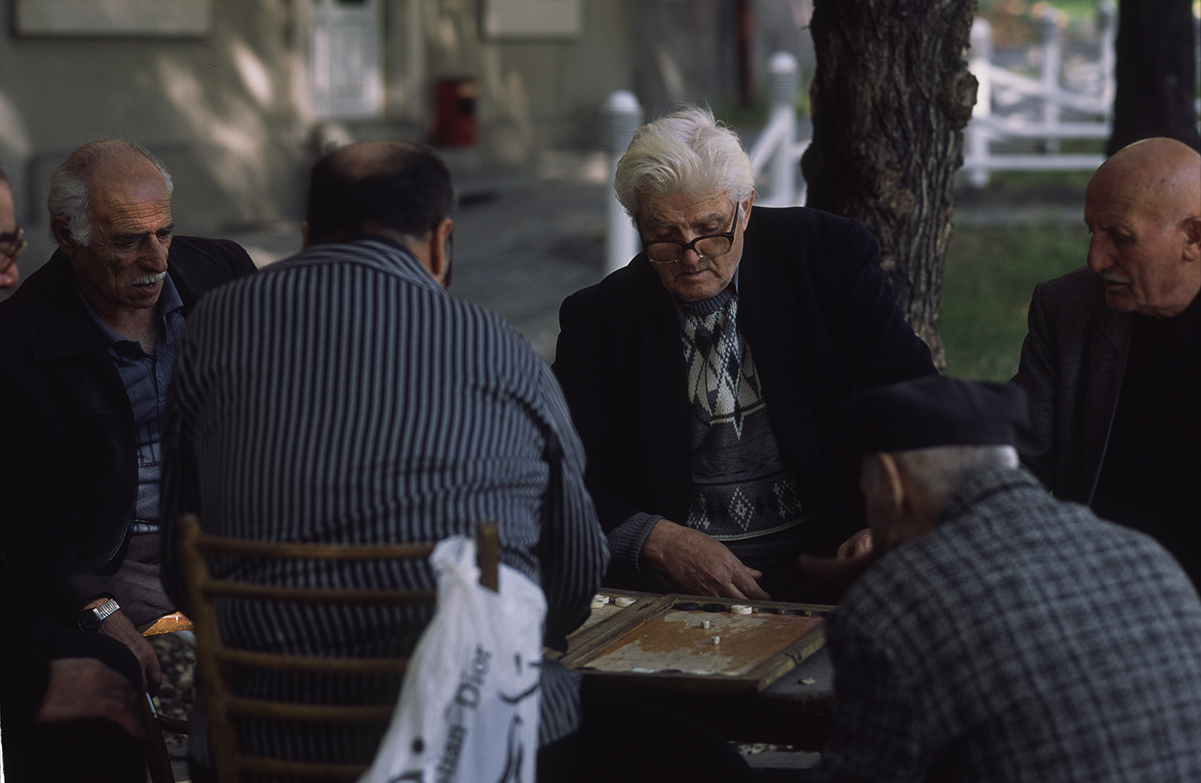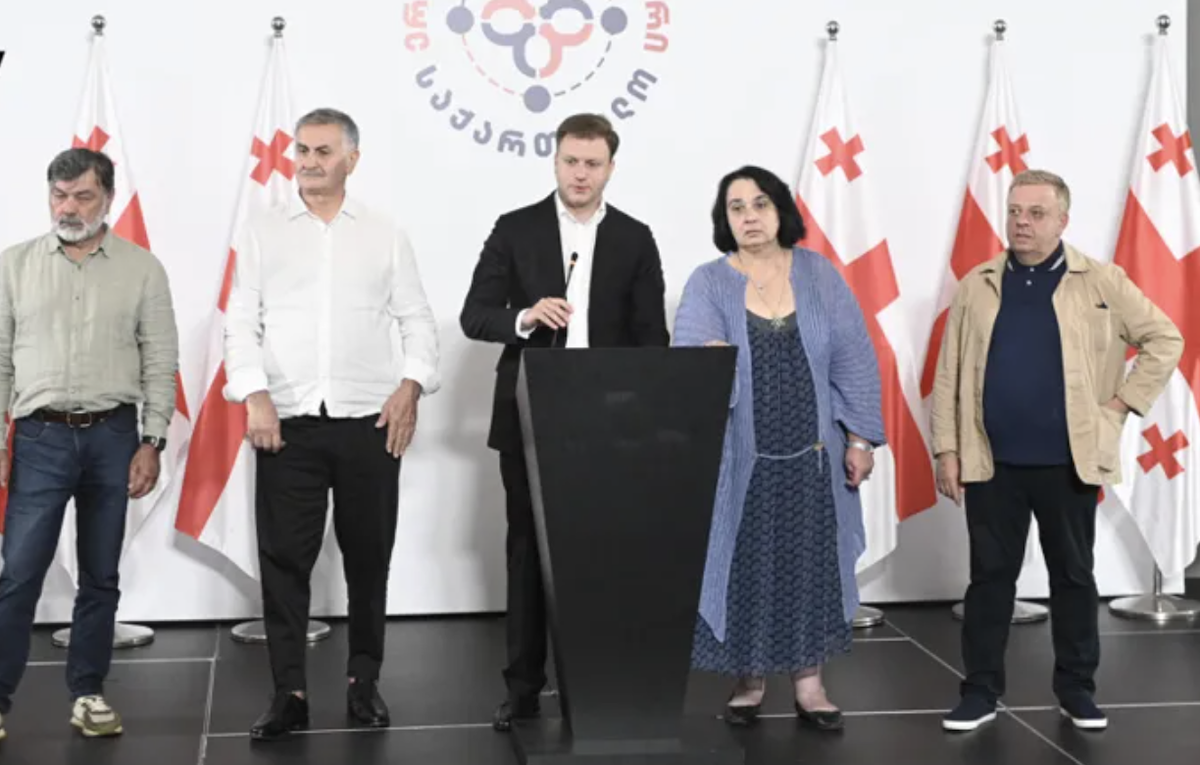Amendments to Georgia's citizenship law have been approved. What has changed?
Obtaining Georgian citizenship simplified
The Georgian parliament has passed amendments aimed at enhancing and simplifying the process of acquiring Georgian citizenship. These amendments received support from 84 members of parliament.
Per the amendments, individuals residing in Georgia for five years or longer, who possess a legal status in the country but are not citizens, will now be eligible to apply for Georgian citizenship, provided they meet other conditions.
What does the term “simplification” mean?
The ministry of justice in Georgia has introduced this bill, with the aim of fostering “concern for the preservation and strengthening of close connections with the homeland for compatriots residing abroad.”
Specifically:
● An individual without Georgian citizenship can acquire it through the standard process after residing legally in Georgia for five years, rather than the previous requirement of 10 years.
● The period for submitting a new application after a rejection of Georgian citizenship has been reduced from one year to six months.
● The requirement for an individual seeking Georgian citizenship to pass exams on Georgian language, history, and basic law knowledge remains in effect.
● Applicants must take a pre-application test at the state services development agency, which, if failed, will prevent the initiation of formal citizenship procedures.
● Under the new law, if a person fails the test, they have the right to retake it an unlimited number of times. Successful exam results will remain valid for one year.
- How to get citizenship in Georgia
- Russians Register an Average of 1,300 Companies per Month in Georgia – Transparency International
- “If they close the border, there will be only one way left – war.” Stories of refugees from Russia
What forms of granting citizenship exist?
Citizenship is a legal bond between an individual and the state. This association grants citizens various rights, including personal freedom, access to education, the ability to participate in elections, and a minimum standard of living.
However, it also comes with certain responsibilities, such as adherence to the country’s laws.
In Georgia, citizenship can be acquired through two primary methods: by birth and through naturalization.
The simplest and most straightforward way is by birth. An individual is automatically recognized as a Georgian citizen from birth:
If a person was born in Georgia through surrogacy and their legal parents do not recognize them as citizens of their country.
If a person was born on the territory of Georgia, and both of their parents are not citizens of Georgia. (This status must be officially granted by the parents).
If a person was born in Georgia, one of their parents is a stateless person, and the identity of the other parent is unknown.
- If a person was born in Georgia and at least one of their parents is a citizen of Georgia;
- he was born in Georgia by surrogacy and his legal parents do not recognize him as a citizen of their country;
- he was born on the territory of Georgia and both of his parents are not citizens of Georgia. (Parents must formally submit an application for this status on behalf of the child);
- he was born in Georgia and one of his parents is a stateless person and the identity of the other parent is unknown.
Granting citizenship by naturalization means that the state confers its citizenship upon a foreigner or stateless individual. In this case, the person must personally apply for citizenship, and the desire to obtain citizenship must be their own.
What do the statistics say?
According to the Freedom of Information Development Institute, in the four years from 2018 to 2022, the Agency for the Development of Government Services sent the president 13,644 positive and 7,360 negative opinions on citizenship. Of these, the president gave affirmation to 13,575, meaning the president made negative decisions on 69 applicants the agency recommended for citizenship.
Of those who received a positive opinion, 5,111 were granted citizenship, while 8,464 were granted Georgian citizenship exceptionally (so-called dual citizenship).
And among the latter 72 percent (more than six thousand people) were citizens of Russia.
Explanation by the minister of justice
Justice minister Rati Bregadze said at a briefing at the government office:
“On our part, we have decided that the state should make every effort to simplify these procedures as much as possible for our compatriots living abroad who wish to acquire Georgian citizenship.
An individual desiring Georgian citizenship will be required to successfully complete a relevant examination before submitting their citizenship application to the State Services Development Agency. In the event of an unsatisfactory result, the agency will not proceed with formal citizenship processing, thus saving time and resources.
In the event of failure, the individual will have the opportunity to retake the exam without limitations. If the exam is passed successfully, the result will remain valid for one year.
Furthermore, if an application for Georgian citizenship is declined, the waiting period to reapply for the citizenship process will be reduced from one year to six months.”


















